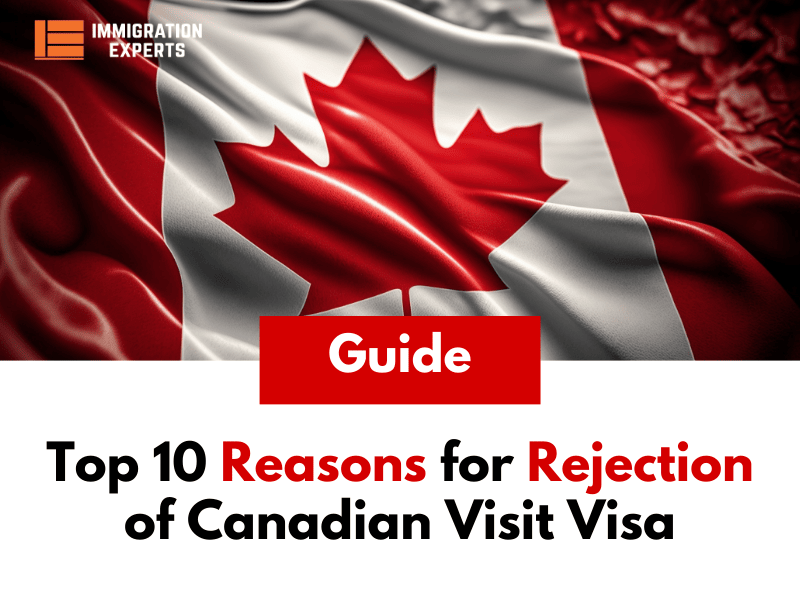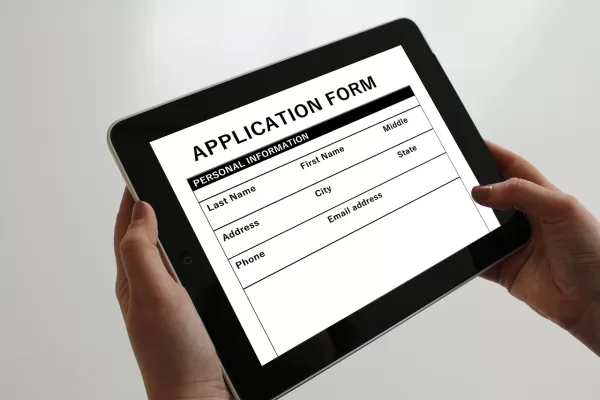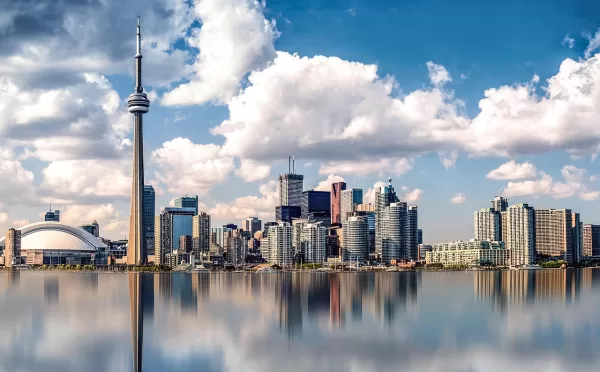051 8439995, 042 35911332

It’s not unexpected that numerous individuals submit applications for Canadian visit visa annually. This is because of the country’s stunning scenery, lively cities, and rich cultural heritage, or simply to spend time with their relatives.
What makes a tourist or visitor visa appealing is that there’s no requirement to prove proficiency in English or French. Additionally, the processing fee charged by IRCC is just $100.
Furthermore, individuals visiting Canada can seek a work permit until February 2025 upon their arrival.
Nevertheless, despite the attraction of Canada or the wish to reunite with family, obtaining a Canadian visitor or tourist visa can be a complex and challenging process, leading to numerous applicants facing rejections for various reasons.
To provide clarity on these matters and assist potential visitors or tourists, here is an elaborate list outlining the top 10 reasons for the refusal of Canadian visit visas.
1. Incomplete or Incorrect Application Forms
One of the main reasons why visas get rejected is due to incomplete or incorrect application forms.

When important information is missing or incorrect details are provided, it can lead to delays or even refusal. To prevent this, applicants should make sure to thoroughly read the application instructions and accurately fill out all sections.
2. Lack of Adequate Supporting Documentation
Insufficient supporting documentation is another frequent cause of visa refusal.
Applicants need to provide evidence demonstrating their intention to return to their home country. This can include job letters, property ownership records, or family connections.
Additionally, financial documentation is essential to prove the capacity to cover the expenses of the trip.
It’s important to include the appropriate supporting documents based on your situation, such as travel history, a letter of invitation, proof of the relationship, family information, itinerary, and account statements.
Failure to present the necessary supporting documents may raise doubts about the applicant’s intentions and lead to visa refusal.
3. Insufficient Financial Resources
It is crucial to show enough financial resources to cover the expenses of the trip for visa approval.
Applicants need to provide bank statements, income tax returns, or sponsorship letters to demonstrate their capability to fund their stay in Canada.
Failure to provide convincing evidence of financial stability may lead immigration officials to question the applicant’s ability to support themselves during their visit, resulting in a visa refusal.
4. Lack of Travel History or Clear Purpose
When evaluating eligibility for a visiting visa, immigration officers take into account applicants’ travel history and purpose.
A lack of previous international travel or an unclear purpose for visiting Canada can raise concerns and lead to a visa denial.

Applicants should clearly state their reasons for visiting Canada, whether it be for vacation, business, or to visit family and friends, and provide supporting documentation to substantiate their claims.
5. Incomplete or Unconvincing Travel Itinerary
An inadequately planned or unfinished travel itinerary can be a reason for visa denial. Applicants should include a comprehensive itinerary outlining their planned activities and accommodations during their stay in Canada.
Having confirmed travel tickets, hotel reservations, and a schedule of tourist destinations can strengthen the application, demonstrating a genuine interest in visiting Canada for tourism.
Additionally, if the purpose of the visit is to meet a relative, a sincere invitation from the family member should be included in the application.
6. Inability to Show Deep Connections to Home Country
Immigration officials assess the likelihood of applicants returning to their home country after their stay in Canada, considering factors like employment, property ownership, or family obligations.
Insufficient evidence of ties to the home country can raise suspicions about potential immigration plans, leading to visa refusal.
Applicants should provide robust proof of their connections to their home country to assure immigration officials of their intention to return.
7. False Documentation or Misrepresentation
Presenting false information or fraudulent documents is a grave offense that can lead to visa refusal and potential future entry bans to Canada.
Applicants must be honest and transparent throughout the application process, as any inconsistencies or discrepancies discovered by immigration officials could have severe consequences.
To avoid being denied entry into Canada, it’s essential to provide accurate and genuine information.
8. Medical Disqualification
Applicants with medical conditions that pose a risk to public health or safety may be deemed medically inadmissible to Canada and denied a visitor visa.
Immigration officers review medical reports and may request additional medical examinations to assess an applicant’s admissibility.

To increase their chances of obtaining a visa, applicants with medical issues should provide comprehensive medical documentation and address any concerns raised by immigration officials.
9. Criminal Disqualification
Individuals with a criminal record or prior convictions may be deemed criminally inadmissible in Canada, resulting in a denial of a visitor visa.
Immigration officers conduct background checks, considering the severity of the offense, rehabilitation efforts, and the potential risk to Canadian society before making a decision.
Applicants with a criminal history should openly disclose their past offenses and provide evidence of rehabilitation to address concerns and improve their chances of visa approval.
10. Overstaying or Violating Previous Visa Restrictions
Applicants who have previously violated visa restrictions, such as exceeding their approved stay duration or engaging in unauthorized work, may face denials in future visa applications.
Immigration officers scrutinize applicants’ travel history and adherence to visa terms to assess compliance with Canadian immigration regulations.
To avoid negative immigration outcomes, applicants must adhere to visa conditions and the terms of their previous visits.
In conclusion, navigating the Canadian visitor visa process may pose challenges, but by engaging in meticulous planning and paying close attention to details, applicants can enhance their likelihood of a successful outcome.
To bolster credibility and convey a genuine intent to visit Canada, visitors should proactively address the key reasons for visa refusal outlined earlier and furnish comprehensive supporting documents.
It is crucial to emphasize the values of honesty, integrity, and adherence to immigration regulations to achieve a successful visa application. Supporting your application with tangible evidence is equally important for a favorable outcome.
How Long Can a Person Stay in Canada on a Visitor Visa?
The maximum duration for a person to stay in Canada on a visitor visa is six months.
Is It Possible to Extend My Stay as a Visitor in Canada After Six Months?
Certainly, you can extend your stay as a visitor in Canada beyond six months. To do so, you need to apply for a visitor extension, officially known as a visitor record.
Can I Change My Canadian Visitor Visa to a Work Permit?
Yes, it is possible to convert your Canadian visitor visa to a work permit. However, to do this, you must apply for a work permit supported by an LMIA (Labour Market Impact Assessment) or a job offer for LMIA-exempt occupations.
What Are the Processing Fees for a Canadian Visitor Visa?
The processing fee for a Canadian visitor visa is CAD 100. Additionally, if you are from a country that requires biometrics, you may need to pay an extra CAD 85 for biometrics processing.
